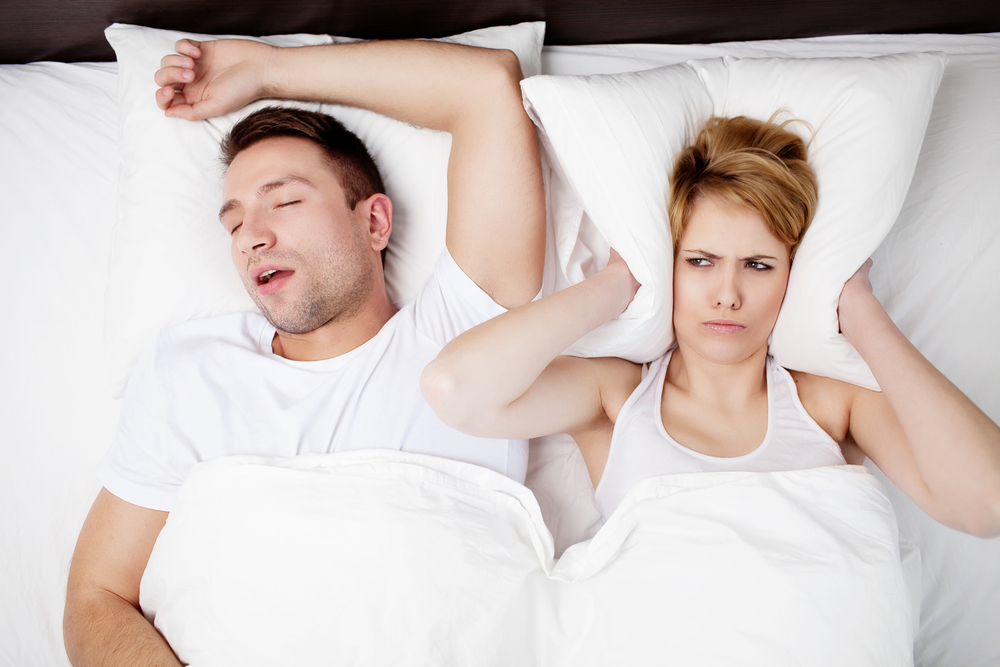
Sleep apnea can be a dangerous condition because your breathing will stop and start throughout the night. You might have sleep apnea if you feel tired after sleeping at night or you snore loudly. The good news is that your dentist can treat the disorder with a mouthguard.
Causes of Sleep Apnea
One type of sleep apnea is obstructive sleep apnea. This happens when the tissues or muscles in the back of your throat relax. The muscles in the back of your throat support your soft palate, as well as the uvula, the walls of your tongue or throat, and your tonsils. When the muscles that support this area relax, your airway will close or narrow each time you breathe. You will be unable to get enough oxygen. This can cause you to have low blood oxygen levels.
As your brain senses that you cannot properly breathe, it will wake you briefly so you can open the airway again. You usually do not remember waking up. Each time you wake up, you might choke, gasp, or snort. This might happen five to 30 times each hour throughout the night. This prevents you from reaching a deep, restorative part of sleep.
Symptoms
Obstructive sleep apnea has several symptoms that you should keep an eye out for. A roommate or a partner may notice that you are snoring loudly. They might also notice that you stop breathing while you are asleep or hear you gasping for air.
When you wake up, you might have a dry mouth. This is because your mouth would open during sleep so you could breathe better. You might have a headache in the morning. At night, you may have trouble staying asleep, while you may feel tired during the day. You might also have trouble paying attention. Others may notice that you seem to be more irritable.
Many people who snore at night have sleep apnea. However, just because you snore does not necessarily mean that you have sleep apnea. If you notice that you have other symptoms along with snoring, it may be time to seek treatment.
Treatments
The good news is that there are a few simple treatments for sleep apnea. Your dentist may suspect that you have sleep apnea if your teeth are worn. This is because many people who have sleep apnea grind or clench their teeth during the night. You may be referred to a sleep doctor to confirm this diagnosis. The dentist can work with your doctor to find a nonsurgical treatment.
Many patients find relief after using a mouthguard. This type of oral appliance is custom-made to fit your mouth properly. It can reposition your tongue and jaw so that your airway will remain open while you sleep. It can help prevent snoring and sleep apnea. This is a noninvasive way to treat sleep apnea.
If you are concerned that you might have sleep apnea, then please don’t hesitate to seek help by calling Castro Valley Dentistry in Castro Valley, CA, today for an appointment.








